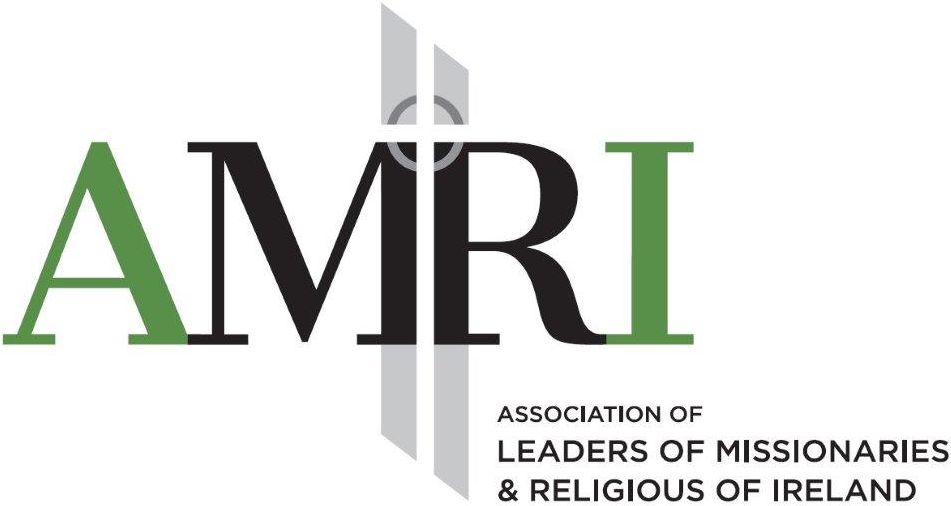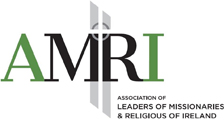Just over 50 years ago the Second Vatican Council decided to dedicate a day every year to highlight the use of social communications in the spread of the gospel. The document, Inter Mirifica recognised that wonderful technological discoveries and inventions, “if properly utilized, can be of great service to the spread and support of the Kingdom of God”.
Picking up on themes from his recent World Communications Day messages, Pope Francis situates true communication – speaking, listening and hearing – in the wisdom of the human heart. He challenges us to consider whether technology necessarily makes us humanly richer, or poorer.
His message is a timely invitation to reflect on how AI might be harnessed to promote the mission of the Gospel in a social media environment where content is now created by both humankind and by machines.
Pope Francis addresses the “possibilities and the risks” presented by artificial intelligence. He cautions: “It is important to understand, appreciate and regulate instruments that, in the wrong hands could lead to disturbing scenarios.” He appeals once more to the international community “to work together in order to adopt a binding international treaty that regulates the development and use of artificial intelligence in its many forms”. The amazing possibilities of artificial intelligence are already apparent, but Pope Francis advises, “there is a need to act preventively, by proposing models of ethical regulation, to forestall harmful, discriminatory and socially unjust effects…”.
The Holy Father further reflects, “How can we remain fully human and guide this cultural transformation to serve a good purpose?” In answering this, Pope Francis notes, “at this time in history, which risks becoming rich in technology and poor in humanity, our reflections must begin with the human heart … Wisdom of the heart, then, is the virtue that enables us to integrate the whole and its parts, our decisions and their consequences, our nobility and our vulnerability, our past and our future, our individuality and our membership within a larger community.”
Pope Francis reminds us that, “it is up to us to decide whether we will become fodder for algorithms or will nourish our hearts with that freedom without which we cannot grow in wisdom”, and that, “the great possibilities for good” of artificial intelligence is accompanied by “the risk of turning everything into abstract calculations that reduce individuals to data, thinking to a mechanical process, experience to isolated cases, goodness to profit, and, above all, a denial of the uniqueness of each individual and his or her story.”
In his message for the World Day of Peace on 1st January last, Pope Francis already noted that if artificial intelligence is used well, “it could introduce important innovations in agriculture, education and culture, an improved level of life for entire nations and peoples, and the growth of human fraternity and social friendship.” He is anxious to point out that, “the way we use it to include the least of our brothers and sisters, the vulnerable and those most in need, will be the true measure of our humanity.” He therefore stresses the importance of what he calls “algorethics” – a cross disciplinary ethical dialogue, especially on the values which will shape the direction taken by new technologies, including artificial intelligence.
A number of particular issues and questions emerge in the Holy Father’s message, including: the use of artificial intelligence in weapons and war; its impact on professionalism and the dignity of workers; the important responsibilities of its use in advertising; the danger of “deepfakes” in social media, and the operation of algorithms in “search engines that are capable of celebrating or canceling persons and opinions, histories and cultures”.
Pope Francis accepts that machines undoubtedly “possess a limitlessly greater capacity than human beings for storing and correlating data, but human beings alone are capable of making sense of that data.” And then he makes a key point: “It is not simply a matter of making machines appear more human, but of awakening humanity from the slumber induced by the illusion of omnipotence, based on the belief that we are completely autonomous and self-referential subjects, detached from all social bonds and forgetful of our status as creatures.”
That is why Pope Francis advises that we must always remember to have the human heart as our starting point: “Only by adopting a spiritual way of viewing reality, only by recovering a wisdom of the heart, can we confront and interpret the newness of our time and rediscover the path to a fully human communication.”
Read in Full HERE



